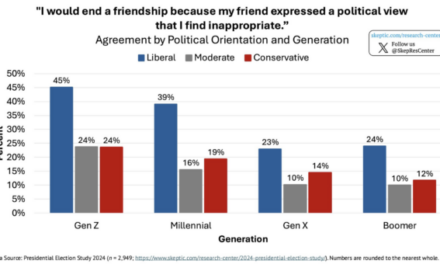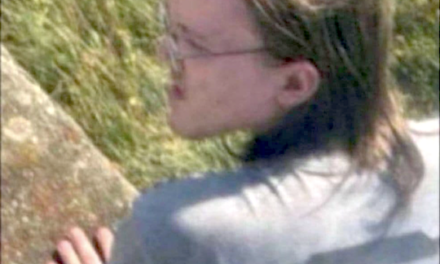We support our Publishers and Content Creators. You can view this story on their website by CLICKING HERE.

From the London Times:
Margaret Thatcher has been listed as a “contemporary villain” alongside Adolf Hitler and Osama bin Laden in a display at the Victoria and Albert Museum.
The former Conservative prime minister is named as one of several “unpopular public figures” in the exhibition on British humour through the ages.
Thatcher served as Prime Minister for nearly 12 years, the longest such tenure in British history. A casual observer would say she was a popular, not an unpopular, figure.
Thatcher is mentioned in a caption next to a set of Victorian Punch and Judy puppets, which explains that the show’s original narrative featured domestic violence, hangings and racist caricatures.
The label adds: “Over the years, the evil character in this seaside puppet show has shifted from the Devil to unpopular public figures including Adolf Hitler, Margaret Thatcher and Osama bin Laden to offer contemporary villains.”
A Thatcher puppet from the satirical television show Spitting Image is also included in the exhibition at the museum in London.
Conservative politicians have denounced the V&A’s denigration of Thatcher, and some have urged that funding of that museum be cut off. That won’t happen, of course. The V&A is hugely popular with the British public.
What this episode reflects is, I think, the cluelessness of the “arts community,” not only in Britain but throughout the West. For people in the arts world to refer casually to Thatcher as unpopular reflects their isolated, and distinctly minority, milieu. Similarly, I can remember when Americans in the arts considered Ronald Reagan to be beyond the pale, even after he had been re-elected, carrying 49 states.
How out of touch are people in the arts? This out of touch: on the same day that the Times reported the V&A’s insult to Margaret Thatcher, it also headlined: “Rachel Reeves channels Margaret Thatcher in City of London speech.”
In an analogy that is likely to be controversial within her party, the shadow chancellor will use a speech in the City of London to say that the UK stands at an “inflection point” similar to that in the late 1970s.
And she will pledge, like Thatcher, to restore growth by rejecting “managed decline” and delivering the supply side reforms necessary to “equip Britain to compete in a fast-changing world”.
Rachel Reeves is not a Tory. She is the Labour Party’s shadow chancellor. Which tells you a lot more about how Britons remember Margaret Thatcher than a pitiful insult by people who think they speak for the arts.

 Conservative
Conservative  Search
Search Trending
Trending Current News
Current News 




